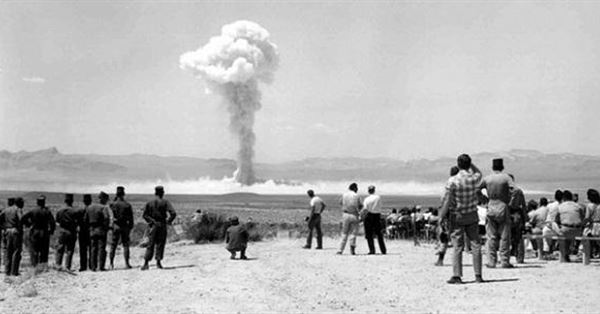By Nagima Abuova
ASTANA — Aug. 29, designated as the International Day Against Nuclear Tests, carries special weight in Kazakhstan, where the Soviet Union once detonated more than 450 bombs at the Semipalatinsk test site. Born from Kazakhstan’s initiative at the United Nations, the date stands as both a warning and a call for global nuclear disarmament.
On this day of remembrance and advocacy, The Astana Times spoke to survivors, activists, and experts worldwide to reflect on the legacy of testing and the global call for a nuclear-free future.
Kazakhstan’s legacy and global leadership
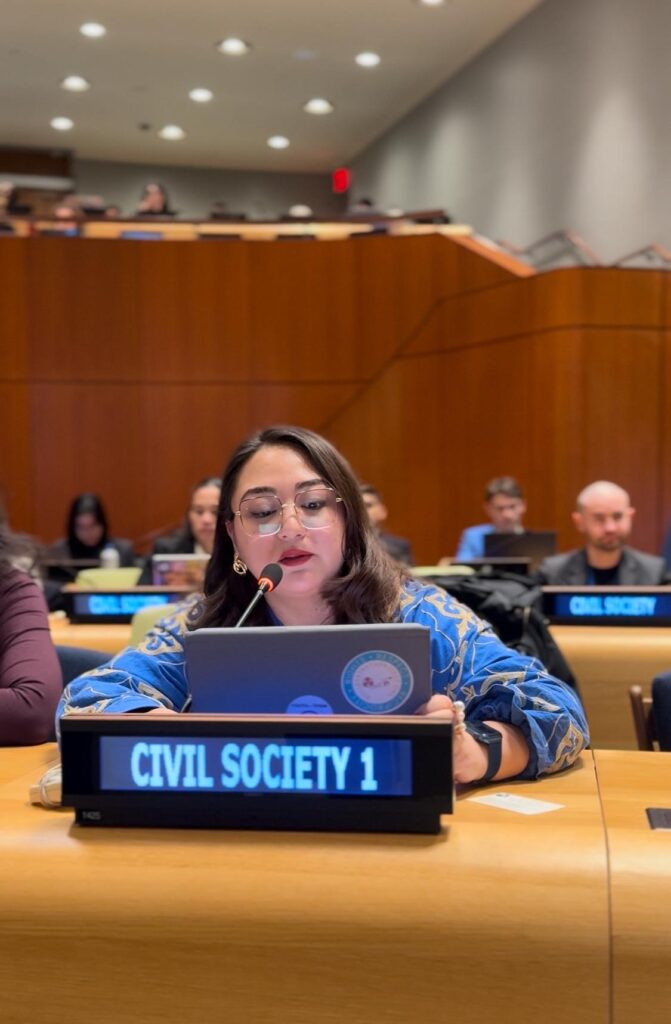
When Kazakhstan declared independence in 1991, it inherited the world’s fourth-largest nuclear arsenal. Within a few years, it had dismantled this arsenal and closed the Semipalatinsk test site, choosing a path of peace over power. That decision continues to shape the country’s identity and diplomacy.
Aigerim Seitenova, a human rights professional, disarmament advocate, and co-founder of the Qazaq Nuclear Frontline Coalition (QNFC). Photo credit: Seitenova’s personal archives
The country has since led international disarmament initiatives, from co-sponsoring UN resolutions to hosting negotiations on the Central Asian Nuclear-Weapon-Free Zone. In March, it chaired the Third Meeting of States Parties to the Treaty on the Prohibition of Nuclear Weapons (TPNW), amplifying the voices of communities harmed by testing.
Aigerim Seitenova, a human rights professional, disarmament advocate, and co-founder of the Qazaq Nuclear Frontline Coalition (QNFC), said Kazakhstan’s example comes with a responsibility.
“The leadership of Kazakhstan at the multilateral stage is nothing but astonishing, and I am very proud to see our diplomacy in action,” she told The Astana Times.
“Over the last five years, the civil society presence in the international spaces has increased, including the presence of affected communities’ young people who facilitate new and fresh perspectives and engage in critical approaches to militarism and nuclear-induced violence,” said Seitenova.
She added that educating younger generations requires creative approaches.
“By creating interactive and engaging spaces through digital storytelling, survivor testimonies, or educational tools, we can transform fragmented information into a living memory that resonates across generations,” she said, proposing a digital and physical nuclear legacy museum that would preserve survivors’ voices, link local stories to global struggles, and ensure lessons from Kazakhstan’s past remain alive.
“The idea of a Museum for Peace has been championed for years by our Goodwill Ambassador, Mr. Karipbek Kuyukov, along with many others. I believe that now is the right moment to lay the foundation and work towards making it a reality by 2029, a year that will mark both 40 years since the end of nuclear testing on our homeland and 80 years since the first nuclear test in 1949,” she said.
Memories from Semei
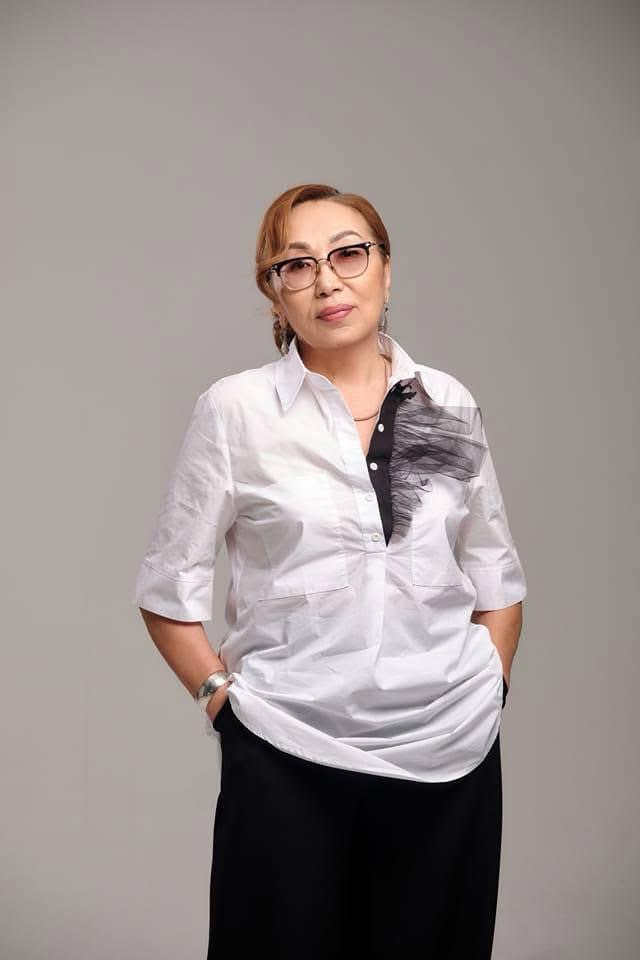
For those living near the former test site, the legacy is not an abstract policy but an everyday reality. Between 1949 and 1989, more than 450 nuclear tests exposed hundreds of thousands to radiation. Illness and hardship continue across generations.
Speaking to The Astana Times, Maira Abenova, an executive director of the Committee Polygon 21 public association, recalled how little awareness people had during the Soviet years.
“We often woke up to the sound of rattling dishes and chandeliers. We didn’t take it very seriously. We would just say, ‘Oh, it’s started again.’ We were told it was just testing (…) In reality, we should have run anywhere we could, but we had no idea of the danger,” she said.
Her activism began in the 1990s, shaped by personal loss.
“We lived through an undeclared atomic war; we just didn’t know it. We are still dying from an invisible enemy we cannot see or fight,” she said.
Throughout her career, Abenova has raised difficult questions about what has been done to improve the lives of people living in areas affected by nuclear testing. She pointed to ongoing challenges in Semei, from limited healthcare to reduced social benefits that were once guaranteed.
“And today, when the world is facing the threat of nuclear war, when the world has become so fragile and aggression is everywhere, many people still don’t realize that the use of nuclear weapons would leave no one alive. That is why it is essential to speak out about this by every means possible,” she said.
Balancing disarmament and nuclear energy
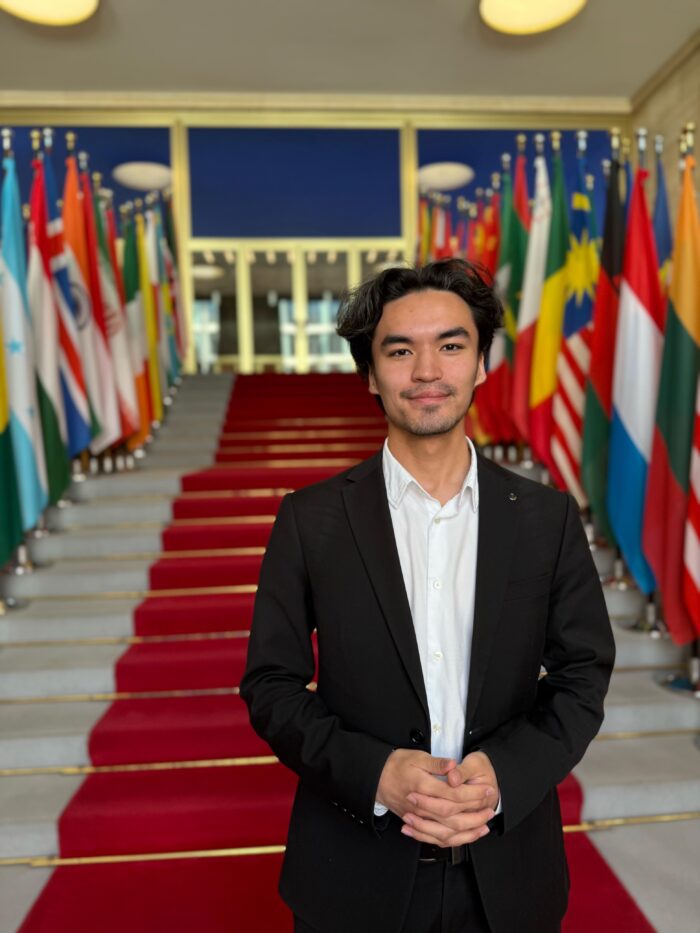
Kazakhstan’s identity as a global disarmament leader now intersects with its decision to pursue nuclear energy, which sometimes sparks sensitive discussions among the public about how to reconcile past nuclear trauma with future energy needs.
Yerdaulet Rakhmatulla, QNFC co-founder, said this balance must be managed with transparency and trust. disarmament, justice, and security is deeply rooted in our history and identity, with detrimental impacts on human lives and the environment,” Rakhmatulla told The Astana Times.
“As a country rich in critical minerals, holding the world’s largest uranium reserves, yet facing energy challenges, the Kazakh government’s decision to explore nuclear energy, supported by international experts, reflects a pragmatic and carefully considered approach. It aims to meet growing energy demands, enhance energy independence, reduce reliance on fossil fuels, and contribute to environmental sustainability,” he said.
At the same time, he noted, public concerns about nuclear technology are real and deserve open discussion.
“Open communication and honest conversation have proven essential, as seen in the recent referendum process. These efforts help build trust and promote informed participation among all stakeholders in society. Equally important is investing in peaceful nuclear applications such as medical treatments, including cancer therapies, and various industrial uses,” he said.
Rakhmatulla also emphasized the importance of cultivating a new generation of nuclear experts and communicators who understand our nuclear legacy and prioritize justice and peace.
“Kazakhstan has a unique opportunity to serve as a model for healing from Soviet-era nuclear impacts while becoming a global leader in the peaceful, responsible use of nuclear technology. As we enter what some call the Third Nuclear Age and witness the rise of a Nuclear Renaissance 2.0, Kazakhstan, as an emerging middle power, can play a vital role,” said Rakhmatulla.
A shared global pattern
Kazakhstan’s experience is part of a wider global history. Since 1945, more than 2,000 nuclear tests have been conducted, often in remote or colonized regions where local communities had little power to resist.
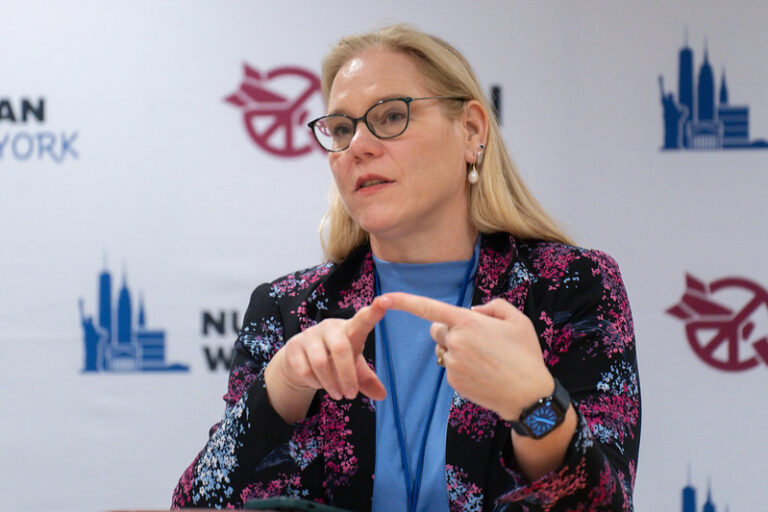
Speaking to The Astana Times, Susi Snyder, program coordinator at the International Campaign to Abolish Nuclear Weapons (ICAN), said the word “testing” masks the devastation.
“Nuclear testing left a legacy of harm across politically disenfranchised communities across the globe. More than 2000 nuclear bombs have been exploded around the world with enduring and devastating consequences for the communities and environments involved, from Algeria to Australia, from the Marshall Islands to Mongolia, from French Polynesia and Kiribati to the U.S. and of course, Kazakhstan. The fact that such detonations were called ‘tests’ does not diminish the irreparable, intergenerational damage they caused,” said Snyder.
She noted that preventing a return to nuclear testing depends on strengthening treaties.
The TPNW, which has been in force since 2021, prohibits testing and establishes international responsibility for addressing the humanitarian consequences of nuclear testing. The Comprehensive Nuclear Test Ban Treaty (CTBT) has built a global monitoring system but remains unenforced until ratified by nine key states.
“Articles six and seven of the TPNW create, for the first time, an international collective effort to address the impacts of nuclear weapons use and testing on people and the environment through a framework of shared responsibility. This strengthens the norm against testing. The CTBT’s international monitoring system is already operational, but until the remaining nine states ratify it, the system remains provisional,” said Snyder.
“The upcoming UN conference in September 2025 will be a key opportunity to reinforce the importance of the norm against nuclear testing,” she added.
Pacific Islands: lasting wounds from nuclear testing
Across the Pacific, communities in French Polynesia and the Marshall Islands continue to live with the consequences of decades of nuclear testing.
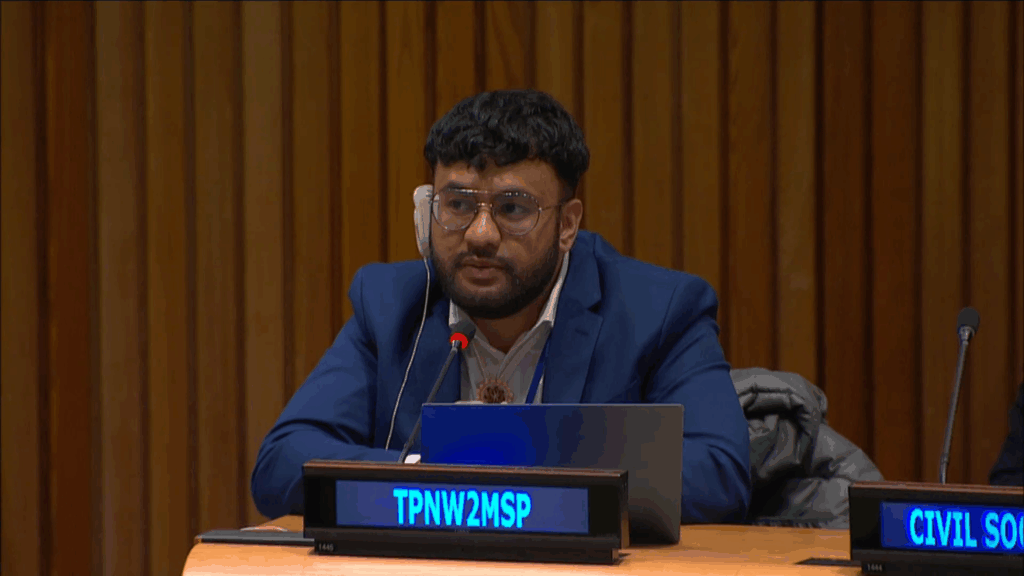
In the Marshall Islands, the U.S. conducted dozens of nuclear tests that displaced communities and left entire atolls uninhabitable. Benetick Kabua Maddison, an executive director of the Marshallese Educational Initiative, emphasized that the fallout continues to this day.
“The United States nuclear testing program on the Marshall Islands is not a historical event but an ongoing fallout for my people, both in the islands and in the diaspora. We continue to suffer from nuclear-related illnesses such as cancers, as well as diabetes and other chronic illnesses, as a result of the destruction of our lands and dependence on imported foods,” he told The Astana Times.
“Marshallese have always and will continue to say that nuclear weapons are not necessary. Nuclear weapons do not provide security or safety to anyone, even nuclear-armed states. These weapons symbolize hate and racism, which makes them incompatible with a secure and peaceful world,” he said.
In French Polynesia, France detonated 193 bombs between 1966 and 1996. Hinamoeura Cross, a representative of the Tāvini Huiraʻatira political party in the regional assembly of French Polynesia, shared with The Astana Times how the tests reshaped society and left a devastating health legacy.
“For my community, this was a complete upheaval, economically and socially,” she said.
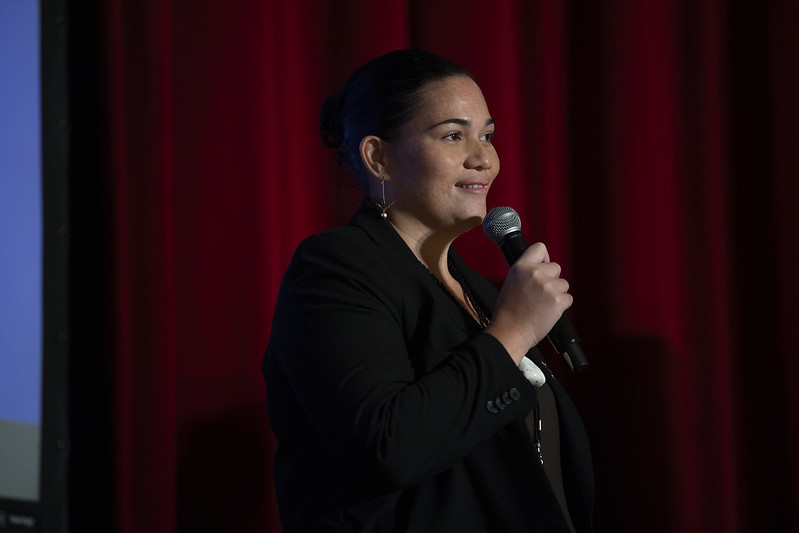
Cross recalled that life in French Polynesia was once centered on agriculture and fishing, but the arrival of France’s nuclear program transformed the islands.
“Families were disrupted, with many children growing up without their fathers, who were working far away on the test sites. When the tests finally ended, many people were left unemployed. And today, what remains is poverty, inequality and the heavy burden of disease,” she said.
She added that cancer and thyroid disease have affected generations of her family. She herself has battled leukemia since her early 20s.
“When you come from a territory that hosted nuclear experiments, that was bombed with nuclear weapons, you cannot be anything but against nuclear arms and in favor of disarmament. You cannot ignore the human and environmental cost,” said Cross.
“Internationally, we need stronger solidarity between all affected peoples, from Kazakhstan to the Pacific and beyond. When we speak together, our voices are louder and harder to ignore. We must keep pushing governments to sign and ratify the Treaty on the Prohibition of Nuclear Weapons, because it is the only international legal instrument that truly stigmatizes and bans these weapons,” she said.
INPS Japan
Original URL: https://astanatimes.com/2025/08/kazakhstans-legacy-global-voices-mark-international-day-against-nuclear-tests/




